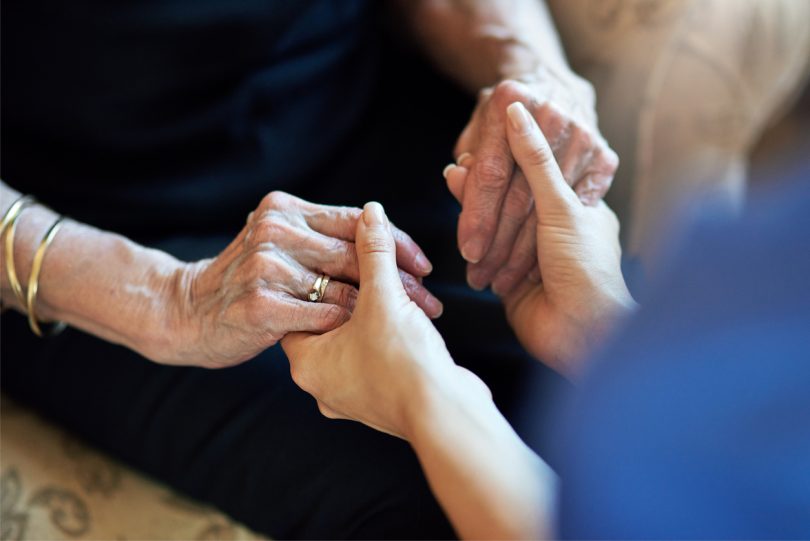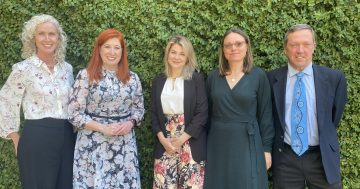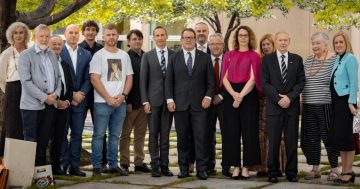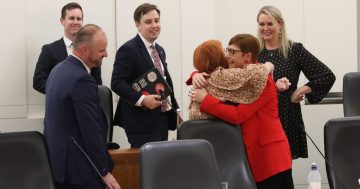
Death with dignity: Voluntary assisted death is a sensitive and controversial issue that needs a robust community discussion in order to pass legislation. But are we ready for it?
As Victoria finalises its legislation around voluntary assisted death, the spotlight is again on the ACT which is stymied from addressing this issue due to the 20-year-old Euthanasia Laws Act 1997, commonly known as the ‘Andrews Bill’, that blocks Australian Territories from making their own laws around assisted death and euthanasia. A number of federal politicians such as Richard Di Natale and Katy Gallagher have been raising the issue federally, and the Legislative Assembly just this week announced an inquiry to look at the issue.
This is an issue of great sensitivity and one which needs a deep and respectful community-led conversation to ensure we get the right balance between dignity in death and respect for life. Surveys suggest that a majority of Australians believe there should be capacity for people to access assisted death in instances where they have a terminal illness and facing great pain. There are also legitimate concerns regarding the shape of any laws on this issue, and I have deep respect for disability advocates who have real fears about how these types of laws might be drafted, and what the impact may be on particular groups in the community. Surely these are the type of issues that would benefit from deliberative democratic processes such as a citizen’s jury.
It is hard not to enter this discussion without reflecting on your own experience. It’s exactly five years ago since I walked the end of life journey with my mother. Supporting someone you love so much as their body fails, and as a terminal illness strips them of their vitality and ends their life, is an incredibly confronting and humbling experience. Throughout the process I was in awe of my mother’s dignity and courage as she faced the end of her life, I was in awe of the health professionals and hospice staff that supported my mother, and I was touched by the incredible kindness of friends and strangers through this difficult time. A small mercy through this process was that my mother did not face a long period of agonising pain. It was difficult enough as it was, and I can’t imagine how I would have coped or how my grief would have been compounded if we had faced a situation where she had wanted relief and peace in a way we could not have facilitated.
The discussion around assisted dying and euthanasia is just one part of a community conversation we need to have around death. It’s a subject that we are not good at addressing, whether it be around advance care planning, about access and resourcing of appropriate palliative care services or how we change the reality that while most people wish to die at home, they are more likely to die in a hospital or another clinical setting.
While we are not good at these conversations, we need to have them – within families and within the community as a whole. The move in Victoria does impact on us locally as the last time that the issue was raised by Shane Rattenbury in 2014, the Federal Government cited the fact that no State had enacted legislation as a key reason to knock back consideration of overturning the ban on the ACT making its own laws on this issue. It is time for the Federal Parliament to respect the rights of Territories to make their own laws on this issue, and time we come together to work out what we want as a community on this issue.
I think it’s time to repeal the federal legislation and have a conversation about voluntary assisted death and the laws we want for the ACT through processes such as citizens juries. What do you think? Share your thoughts with us by commenting below.
Rebecca is an independent consultant who works across the health and community sectors. She is an active member of the ACT Greens, who are calling for action to create a compassionate, safe and workable scheme for voluntary euthanasia. She was a candidate in the 2016 Territory election.





















